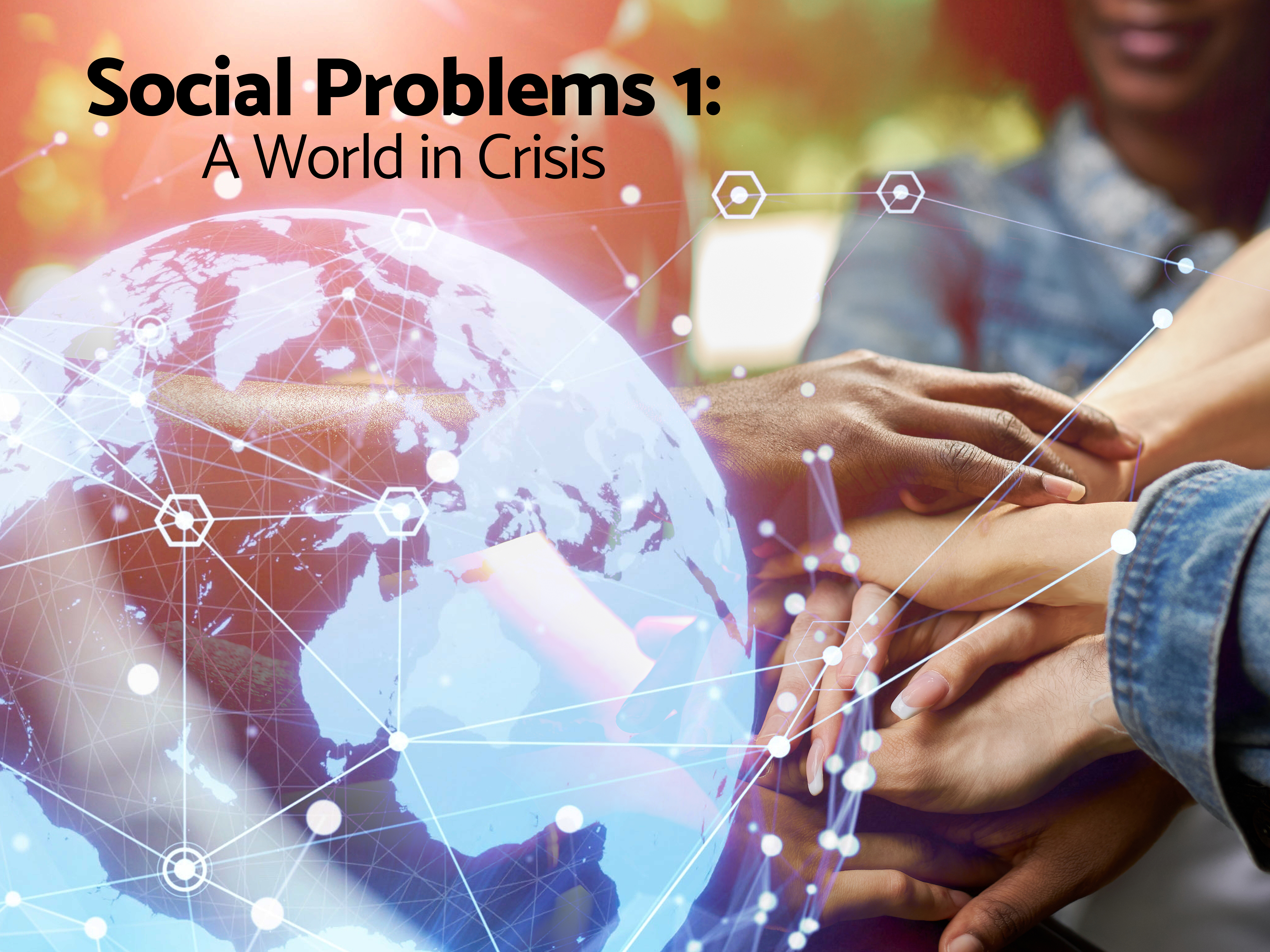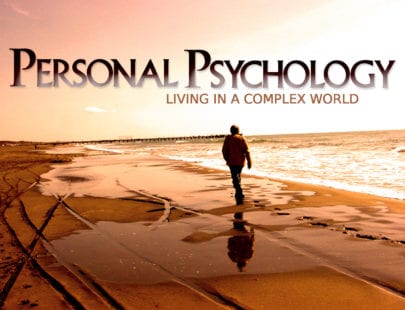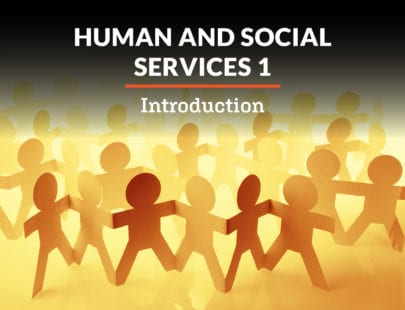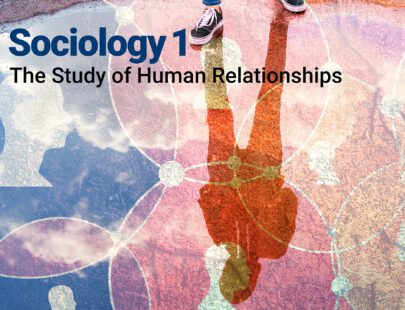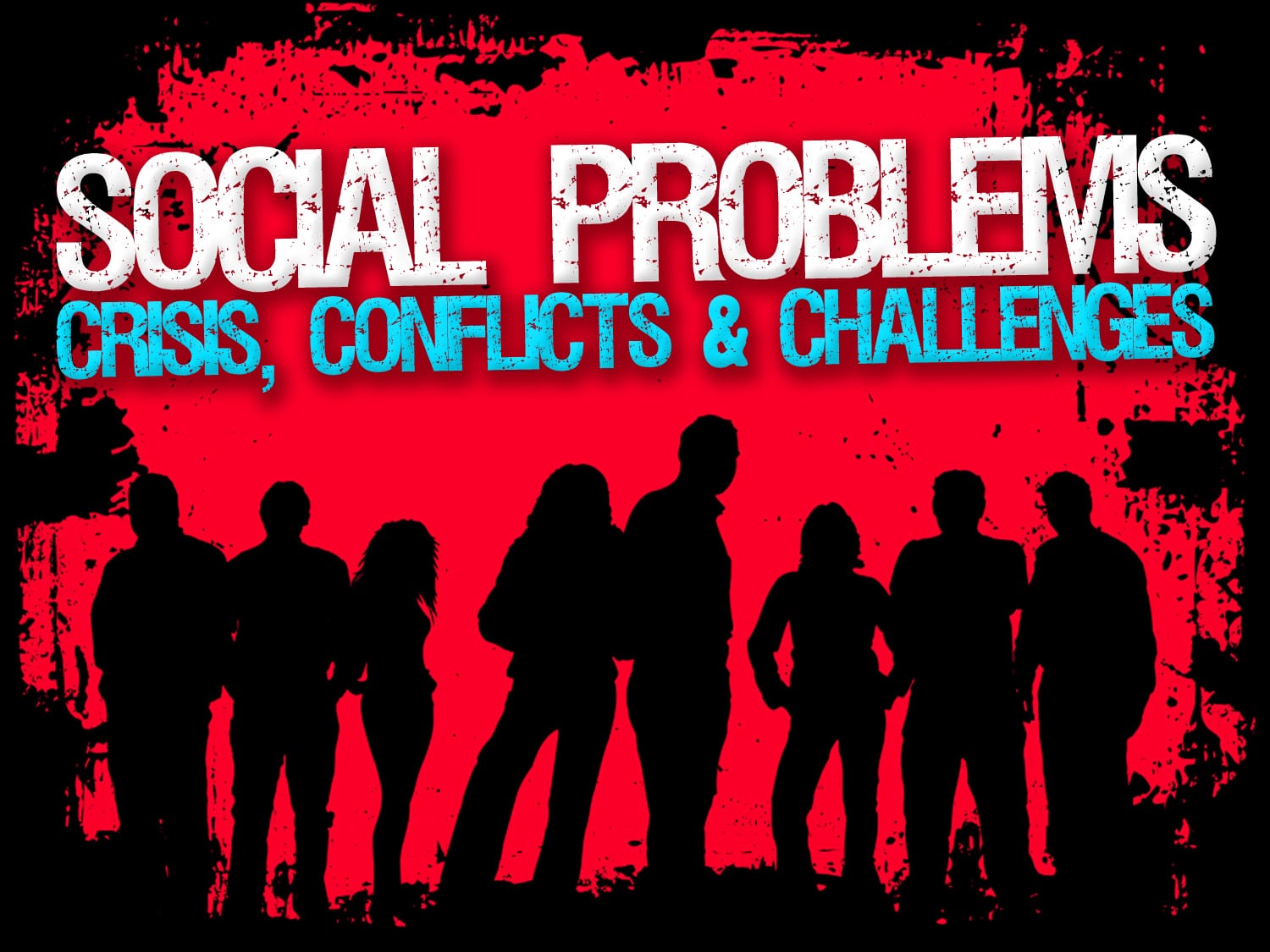
Social Problems II: Crisis, Conflicts & Challenges
Sometimes our world is filled with problems. Explore more of the challenges we face as individuals and as a global society and learn what we can do to reduce the effects of these conflicts and problems. From drug abuse to terrorists to homelessness and obesity, we can better face and solve these problems when we have a deeper understanding of their causes and influences on our lives.
Units at a Glance
Unit 1: The Individual in Modern Society
In this unit, we will examine the effects of modern society on individuals. Some have argued that the changes in society over the last century have created negative effects for individuals. We will examine the problems of alienation, anomie, and the loss of community. We will also consider problems in developing personal identities today and look at how society may be contributing to youth suicides.
What will you learn in this unit?
- Learn about alienation and anomie in society and their effects on individuals.
- Discuss the issues in developing personal identities in modern society.
- Investigate whether individualism is declining.
- Examine whether communities are decreasing in modern society or changing form.
- Discuss youth suicide and how modern society may affect it.
Unit 2: Consumption and Consumerism
In this unit, we will examine the growing problems of consumerism and over-consumption. In doing so, we will look at how the “consumer” was created in modern society and what a consumer culture is. We will also discuss how consumption levels differ around the world and how this contributes to inequality and other issues. Finally, we will investigate three different negative effects of consumerism and consumption, including the misuse of land, exporting pollution, and consumption’s role in violent conflicts around the world.
What will you learn in this unit?
- Learn about consumption and consumerism.
- Examine how “consumers” were created after the Industrial Revolution.
- Discuss the characteristics of a culture of consumption.
- Look at the differing consumption levels around the world.
- Investigate the effects of consumption and consumerism on individuals and society.
Unit 3: Homelessness
In this unit, we will discuss the problem of homelessness. In doing so, we will examine some of the issues with trying to determine how many people are homeless today and investigate some of the causes of homelessness. We will also look at five different groups that may experience homelessness and what the consequences are for these individuals. Finally, we will address some of the ways that homelessness might be reduced in society.
What will you learn in this unit?
- Learn about homelessness and how it is defined.
- Discuss why it is difficult to know how many people are homeless in society.
- Investigate some of the causes of homelessness.
- Examine the effects of homelessness on families, youths, the elderly, veterans, and the rural poor.
- Look at some ways that homelessness might be reduced in society.
Unit 4: Obesity and Health
In this unit, we will look at the growing problem of obesity and the effects that this has on health. We will look at how obesity is measured and how many people in the world today are overweight or obese. We will examine what factors and structures in society are contributing to the increase in obesity and investigate both the health and societal costs of obesity for individuals and communities. Finally, we will look at some ways of reducing obesity in society.
What will you learn in this unit?
- Learn what obesity is and how it is measured.
- Look at how many people around the world are considered obese and what the predictions are for the future.
- Examine what factors encourage obesity in modern society.
- Investigate the consequences that obesity can have for individuals and society.
- Discuss some ways to potentially reduce obesity in society.
Unit 5: Science and Technology
In this unit, we will discuss social problems related to science and technology. We will examine the growing issue of identity theft and what is being done to combat this issue, as well as concerns about privacy in modern society. We will also discuss the digital divide and how this contributes to global inequality. Finally, we will look at how the rapid growth of science and technology can create unintended negative consequences for individuals and society.
What will you learn in this unit?
- Learn about identity theft and the consequences for individuals.
- Examine why people may have less privacy in the modern age and what technologies are contributing to this area of concern.
- Discuss the digital divide and how it contributes to inequality around the world.
- Investigate the growth of science and technology in society and why this has occurred.
- Examine how new technologies and advances in science can have unintended negative consequences on individuals and society.
Unit 6: Problematic Groups
In this unit, we will examine the issue of groups that pose moral issues or danger to the larger society. We will discuss how groups are defined as cults or extremist groups and the problems with some of these labels. We will investigate why individuals join groups such as these and what affects the groups may have on members and on society as a whole. Finally, we will examine several specific groups in these categories to gain a better understanding of the risks that they may pose.
What will you learn in this unit?
- Learn how cults, gangs, and extremist groups are defined and what problems there are in defining groups with these labels.
- Examine why individuals join problematic groups and why they continue to participate despite the negative labels.
- Look at the effects that problematic groups have on individuals and society.
- Investigate several problematic groups, including their goals, activities, and role in society.
- Discuss the risks that problematic groups may have for individuals and society.
Unit 7: Alcohol and Drug Abuse
In this unit, we will discuss the social problems of alcohol and drug abuse. We will look at how prevalent this issue is in society, including the use of alcohol and drugs by teens. We will investigate some of the causes of this social problem and some ways that individuals and groups have tried to reduce the impact and scope of the issue. Finally, we will examine the War on Drugs in the United States and the pros and cons of this government policy.
What will you learn in this unit?
- Learn what alcohol and drug abuse are and how large this problem is in society.
- Look at some of the causes of alcohol and drug abuse at both the individual and societal levels.
- Investigate the effects that alcohol and drug abuse have on society.
- Examine some of the ways that individuals and groups have coped with and tried to reduce this issue.
- Discuss the War on Drugs and whether these policies have been successful or not in reducing drug use.
Unit 8: Globalization
In this unit, we will discuss the process of globalization. We will look at what globalization is and why it is occurring in modern society. We will examine the effects of globalization, both positive and negative, on local communities in North America. We will also look at the effect of globalization on countries and people outside of North America, including the possible loss of indigenous cultures and customs. Finally, we will discuss what the future of globalization may be for the world.
What will you learn in this unit?
- Learn what globalization is and why it is occurring in modern society.
- Examine the effects of globalization on our daily lives and our communities.
- Look at how globalization is affecting people and communities outside of North America.
- Investigate how globalization may be contributing to the loss of indigenous cultures and customs around the world.
- Discuss what the future of globalization may be and how it may change our lives in the future.
Required Materials
Software
- Word processing software
